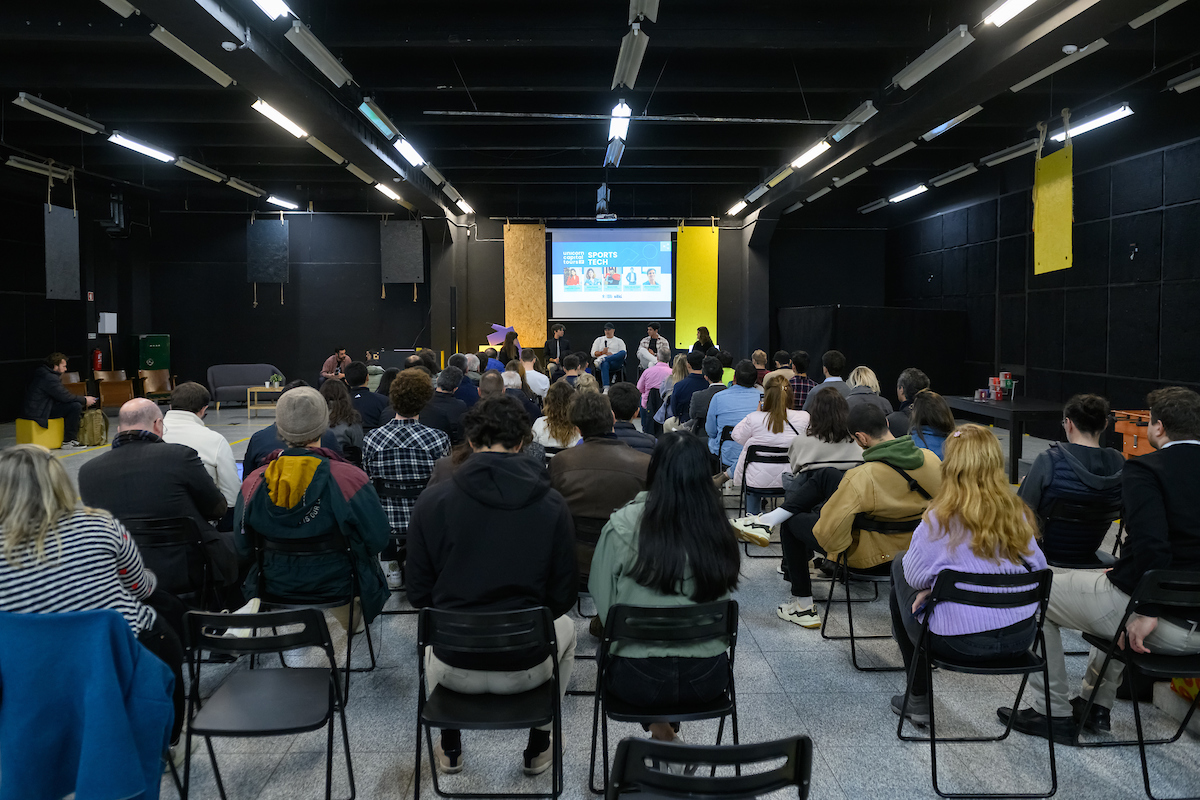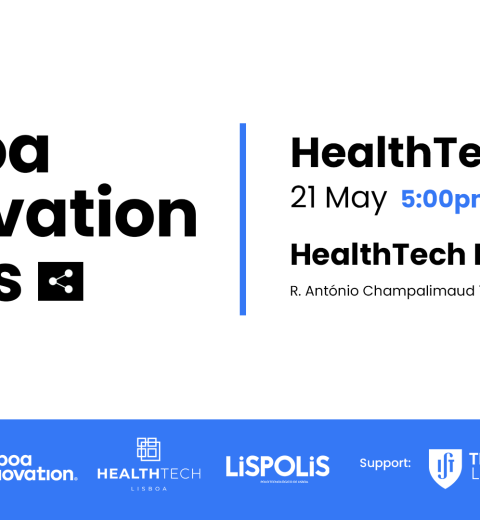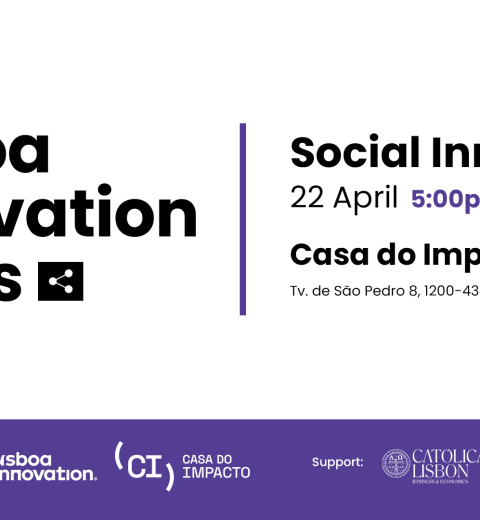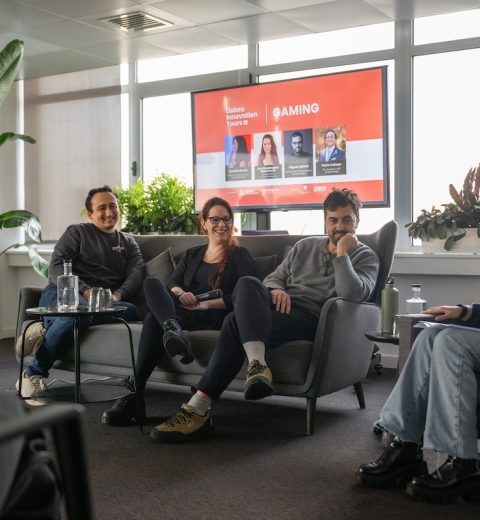Strange as it may seem, a punching bag in a gym isn’t just for discharging the accumulated energy of a bad day. Equipped with sensors and an impact localization algorithm, punching bags can be intelligent (!) and capable of engaging the most relapsed and intermittent sportsperson into consistent physical activity.
Technology applied to sport – professional, amateur and consumer (from the point of view of the E-Sports spectator/player) – is the hype of the moment. It’s on the rise. Reason enough to think that the classic Latin motto applied to Olympism – Citius, Altius, Fortius – is rapidly giving way to the prosaic expression: arrived, saw and won, the well-known Veni, Vidi, Vici.
Invariably, in fitness clubs, in the countryside, on the streets of our cities, or even at home, we try to get the best score, the best time, the best performance. And if the feats achieved can be shared digitally, so much the better. It’s no wonder, then, that this is a booming business area. For example, Mauro Frota, founder and CEO of Bhout, the Lisboa start-up that aims to manufacture and market these smart punching bags, and which has recorded remarkable results in its most recent funding rounds.
It was precisely to hear the testimonies of Mauro Frota, Pedro Félix da Costa, Afonso Rodrigues and Dulce Guarda, moderated by Channel 11 journalist Carolina Couto, that the January LUC Tour was dedicated to the Sports Tech vertical, an initiative that took place at the co-working space, O Sítio, in Alto de São João.
What impact and opportunities can Sports Tech bring to the entrepreneurial landscape of the Portuguese capital? What will the future of Sports Tech look like? How is Lisboa dealing with the Sports Tech sector?
It’s a brave world that offers a wide range of possibilities. From gadgets to wearables, augmented reality and the metaverse, technology applied to sports or to consumers and fans of professional sports opens the door to countless experiences. Dulce Guarda explains that her company, Splink, offers fans of soccer clubs the chance to strengthen their connection with these organizations by providing virtual tours of spaces that are usually inaccessible (changing rooms), photos with players and a range of sensory and immersive experiences.
As well as improving an athlete’s performance, technology can help make more precise decisions in different contexts. The know-how and experience gained in the real world (of sport) may well be useful in various situations. All this knowledge is gathered in a platform and investment company, Apex, which increasingly relies on contributions from sportspeople from a wide range of disciplines, explains Pedro Félix da Costa.
Not being an end in itself, technology in sport is first and foremost a means to an end. “And making consumers happy, whoever they are, whatever their profile, is what makes us invest in this sector,” says Afonso Rodrigues of the Urban Sports Club.
Sports Tech is here to stay, it has an important role to play in everyone’s daily lives and the dissemination to the community of the dynamics created around this sector can and should be done by local authorities – such as Lisboa City Council, for example – “regardless of political cycles”, stresses Pedro Félix da Costa.
Technology associated with sport can contribute to a healthier community. And “it’s no coincidence that private equity funds are betting on Sports Tech”, points out Mauro Frota.






